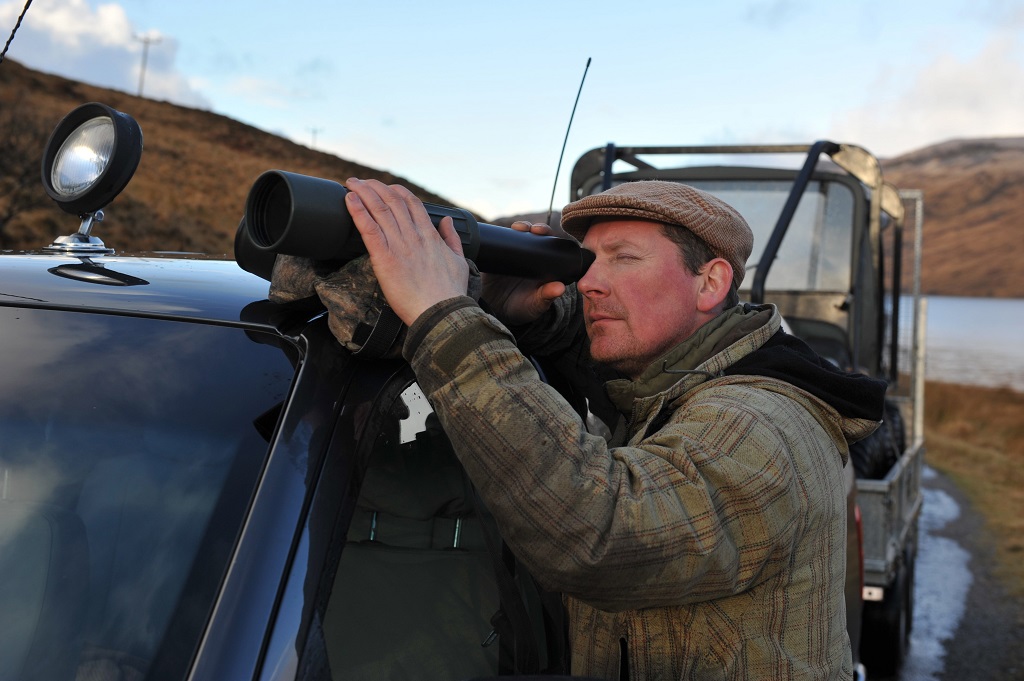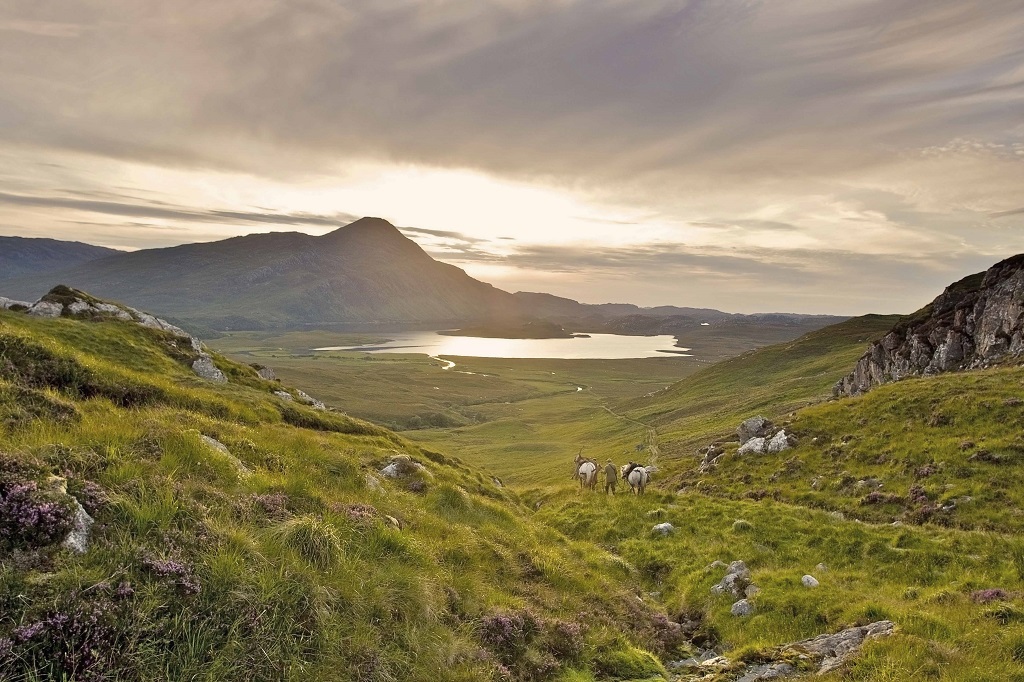A traditional sporting estate in the Highlands has retained a prestigious independent accreditation.
The award recognises landowners who are committed to best practice in conservation, habitat and wildlife management.
The Reay Forest estate, Sutherland, in the north west Highlands, part of the Grosvenor Estate, has been reaccredited by Wildlife Estates Scotland (WES) following a rigorous assessment by independent experts who reported it was ‘clear that best practice management is undertaken across the estate.’
The Reay Forest estate is a traditional sporting estate famed for its deer stalking and trout and salmon fishing as well as its wild and remote beauty. The land is managed to uphold its designated habitats and to support its sporting use.
They implement a sustainable approach to the stewardship of land, property and the environment, and in optimising commercial and socially beneficial outcomes we aim to contribute to the economic, social and environmental wellbeing of the they are part of. The Reay Forest is part of the Grosvenor Estate which encompasses all the activities of the Grosvenor family.

Reay Forest estate, Head Stalker, David Allison
Dougal Lindsay, factor, Reay Forest estate, said: ‘Our purpose is for our activities to deliver lasting economic, social and environmental wellbeing in the communities where we operate.
‘We are delighted to receive WES accreditation which recognises the positive impact of our management on the environment, our collaboration with partner organisations and our communities while maintaining the highest standards. We were pleased to be noted in particular for our extensive habitat impact monitoring which informs our deer management plan and helps focus our sustainable investment in improving the environment.’
WES, which is supported by the Scottish Government and Scottish Natural Heritage and that is managed by Scottish Land and Estates, aims to promote the best habitat and wildlife management practices, build recognition and raise standards through the introduction of an objective accreditation system.
Assessments are scored on commitment to best practice, community engagement, adoption of wildlife and habitat management plans, maintaining species and habitat records and conservation and collaborative work as well as their integration with other land management activities.

Ardchuillen at theReay Forest estate
Accreditation is based on the combined score achieved for each of these sections, a qualitative assessment of management and site visits, all of which are conducted by an objective, external assessor.
Caroline Pringle, project officer at Wildlife Estates Scotland, said: ‘Reay Forest estate has shown they continue to be committed to improving biodiversity and encouraging wildlife. Their Accreditation by Wildlife Estates Scotland is testament to their hard work and dedication. Estates, farms, campsites and other land-based businesses play a crucial role in conserving and protecting our environment and only those found to meet the highest standards can be accredited by Wildlife Estates Scotland.’
Wildlife Estates was established in 2005 and is active in 19 European countries facilitating collaboration between the public and private sectors, particularly around biodiversity and conservation, and sharing best practice.
TAGS

